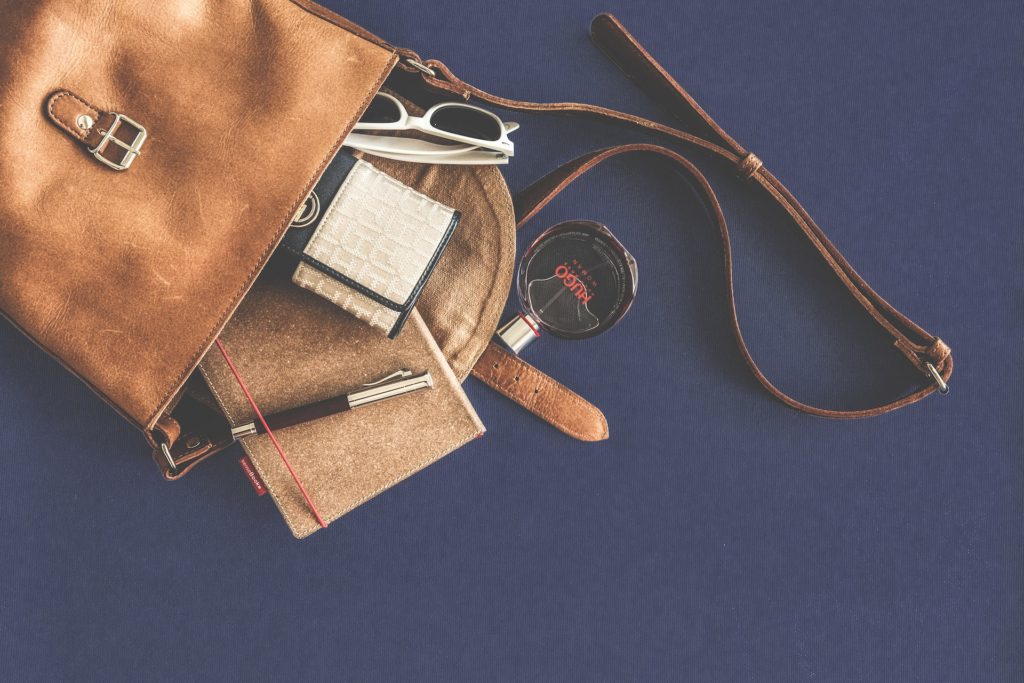Over the last decade, young people have been a strong driver of growth in the luxury goods market. Yet, recent economic crises have left Gen Z consumers financially hobbled, worrying luxury brands. In China, where Gen Z consumers are a particularly strong component of the market, brands are worried that the appetite for high-end goods is declining among Gen Z consumers.
China’s economy has been slowing down in recent years, under the weight of pandemic restrictions, and an ageing population. The government has responded by reducing interest rates, and president Xi has announced an ambitious reform plan. Nevertheless, Gen Z consumers have been hard hit and no longer have the disposal income to power the luxury goods market.
Although Gen Z luxury goods consumers are struggling in North America and Europe as well, the issues there are very different to China’s: in the West, the problem is about inflation and its impact on the cost of living, in China, the issue is rising youth unemployment.
According to the National Bureau of Statistics (NBS), China’s youth unemployment (defined as unemployment for people aged 16 to 24) was 19.9% in July, its highest level since the NBS started collecting data in January 2018. Youth employment has been rising in the last four months, growing 0.6% since June. The NBS believes that the service industry’s slow recovery as a result of Covid-19, and the large number of graduate students entering the market in the graduation season of July and August, pushed the numbers up.
After decades of sensational economic growth, this cohort of young adults is experiencing uncertainty and pessimism about the future. That is likely to translate to a slowdown in the luxury goods market. Instead, Hype 24/7, a company that buys and trades shoes, expects businesses like it will do brisk business as young adults try to make ends meet. Many young people will not be able to buy luxury goods especially if there is a recession in the country, something which is increasingly likely.
Luxury brands have started to price in a slowing economy, with many expecting some of their lowest sales figures in a long time. Managers do not expect a recovery to be quick, given the scale of China’s challenges. Regardless of that, so far, brands such as LVMH and Kering, have so far proved resilient, with earnings looking very strong. This is likely a result of consumers increasing their spending after the end of the worst of the Covid-19 pandemic.
Many luxury brands have focused on expanding sales from existing customers, rather than trying to grow their number of customers, believing that this is a more sensible strategy given the headwinds that consumers face. In that vein, LVMH, Chanel and Dior have all raised prices on their highest margin leather goods. Chanel has announced a plan to open stores dedicated to its VIP customers.
The reasoning is that by focusing on the wealthiest customers, these brands are able to make their sales more resilient, and ride out what is likely to be a very difficult period in the world’s second largest economy.

Business
The Importance of Choosing an SEO Agency in Cleveland
In today’s digital landscape, having a strong online presence is crucial for businesses looking to thrive. With the rise of local searches, partnering with the


